By its strength in diversity, the East Coast Cluster stands ready to remove 50% of the UK’s industrial cluster CO2 emissions, protect thousands of jobs and establish the region as a globally-competitive climate-friendly hub for industry and innovation.
The UK needs to use every possible technology to green our economy. It must decarbonise industry to achieve its target of net zero emissions by 2050. And nearly half of carbon emissions from UK industrial clusters come from Britain’s historic engine room: Teesside and the Humber.
The East Coast Cluster is now actively bringing together communities, business, industry and academia to deliver the carbon capture and storage (CCS) infrastructure needed to decarbonise this key industrial heartland of the UK.
Now selected as one of the first two carbon capture, usage and storage clusters to be taken forward by the UK government, the East Coast Cluster includes an unparalleled and diverse mix of low-carbon projects, including industrial carbon capture, low-carbon hydrogen production, negative emissions power, and power with carbon capture. All these technologies, delivered by companies with unrivalled experience in successfully delivering ambitious and world changing projects, are essential for the UK to meet its net zero targets.
Britain’s historic engine room, The Humber and Teesside, will benefit from an influx of green jobs, skills development and supply chain benefits. The cluster aims to create and support an average of 25,000 jobs per year between 2027 and 2050.
In March 2023, the Department for Energy Security and Net Zero (DESNZ) selected 3 East Coast Cluster projects – Net Zero Teesside Power, H2Teesside and Teesside Hydrogen CO2 Capture - who will connect first to the cluster from 2027.
In December 2023, DESNZ and the East Coast Cluster Transport and Storage Company, The Northern Endurance Partnership, announced agreement on the key conditions for economic, regulatory and governance models of the transportation and storage of CO2. The ‘Heads of Terms’ agreement paves the way for the three initial projects and the Northern Endurance Partnership to take final investment decisions in September 2024.
In a December 2023 update, DESNZ reaffirmed commitment to the expansion of the East Coast Cluster. The department is now considering the best timing for launching an expansion process from 2024, based on an assessment of store readiness beginning in the New Year. East Coast Cluster expansion projects plan to be operational from 2030.
The East Coast Cluster aims to capture and store an average of around 23 million tonnes of CO2 per year by 2035.
Stay up to date on the latest news and developments from East Coast clusters
Read the latest







The East Coast Cluster will be enabled by the Northern Endurance Partnership (NEP), the partnership between bp, Equinor and TotalEnergies developing the common infrastructure needed to transport CO2 from emitters across the Humber and Teesside to secure offshore storage in the Endurance aquifer in the Southern North Sea. The Northern Endurance Partnership serves as the operator of the full, end-to-end CO2 transport and storage system serving Teesside and the Humber.
Northern Endurance Partnership (NEP), the carbon dioxide transportation and storage infrastructure provider for the East Coast Cluster is progressing the engineering design of the Humber Carbon Capture Pipeline (HCCP) project. This pipeline will offer carbon emitting sites across the region the opportunity to capture their carbon emissions and transport them for safe offshore storage. This infrastructure is important to achieve net zero in the Humber – the UK’s most carbon intensive industrial region.
NEP intends to progress an application for a Development Consent Order (DCO) for the Humber Carbon Capture Pipeline project, in line with the next phase of the UK Government’s Cluster Sequencing Process to select carbon capture projects, which could connect to the pipeline. Before this application is submitted, NEP is undertaking public consultation, with those affected by the proposals, including landowners and nearby residents.
The first round of consultation began on the 9th of July 2024 and closes on the 20th of August 2024. People living and working in the Humber region are encouraged to give feedback as part of the public consultation via the following webpage: https://nephccp.co.uk/
If you have any questions ahead of this consultation, please contact info@nephccp.co.uk


Managing Director, Net Zero Teesside and Northern Endurance Partnership
“Together, as the East Coast Cluster, we are determined to make CCUS a reality in the UK and decarbonise a diverse region that represents almost 50% of carbon emissions from all UK clusters. We stand ready to support the UK, as President of COP26, in showing global leadership and building momentum in the energy transition through innovation and exciting green jobs, positioning the UK as a leader in the emerging global low-carbon and hydrogen market.”
CBE (Convening Chair of NEECCo)
“If we want to achieve net zero in the North East, we need carbon capture as a key part of that strategy - and the East Coast Cluster proposals provide a way of doing that. 200 years ago, the North East engineers released the genie of coal into the world. Now, 200 years on, the North East engineers have the opportunity through the ECC to lead the nation’s response to the climate emergency.“
Labour MP for Kingston upon Hull West and Hessle
“It’s time for the UK to match its ambitions with its policies and projects to tackle climate change. I’m delighted that Humber and Teesside regions are working together to create an East Coast Cluster. By sharing storage 2 miles under the North Sea for their carbon emissions, we can cut emissions cost-effectively from an unparalleled range of projects.“
Collaboration accelerates progress. The Northern Endurance Partnership was formed to develop the carbon dioxide transport and storage infrastructure to serve a diverse range of businesses in the Teesside and Humber regions.
Thank you for showing an interest in the East Coast Cluster.
For all media inquiries please call 07825977265 or email Eastcoastcluster@hkstrategies.com
For inquiries related to Phase 2 of the DESNZ sequencing process, please email Phase2@eastcoastcluster.co.uk
Please follow the Projects on Twitter (Zero Carbon Humber and Net Zero Teesside) and LinkedIn (Net Zero Teesside and Zero Carbon Humber) for news and developments.